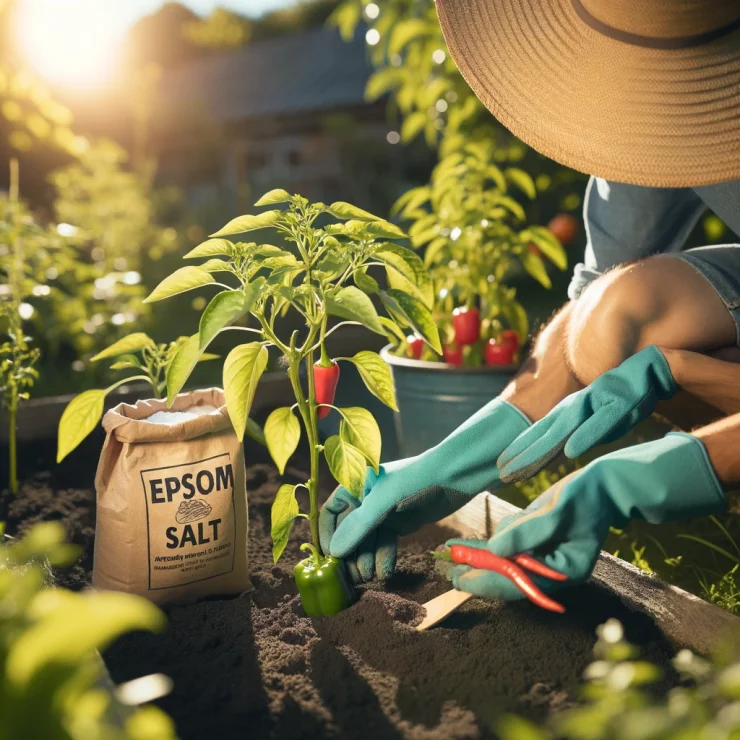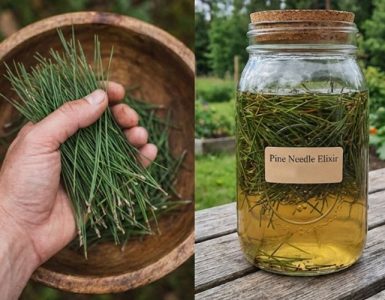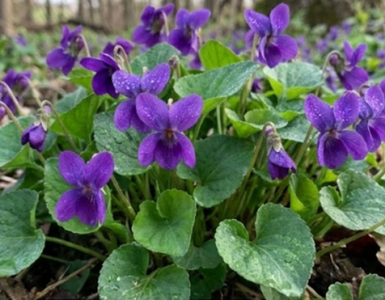When it comes to growing peppers that are not just big but also meaty and bursting with flavor, there’s a secret weapon that might surprise you: salt fertilizer. While it might seem counterintuitive to add salt to your garden, when used in moderation and in the right way, salt can actually promote robust growth and enhance the taste of your peppers. So, get ready to impress your neighbors with envy-worthy peppers straight from your garden. Here’s everything you need to know about fertilizing peppers with salt fertilizer.
Understanding Salt Fertilizer:
Salt fertilizer, also known as saline fertilizer, contains a mixture of essential nutrients along with salts such as potassium chloride and sodium chloride. These salts, when applied in small quantities, can enhance plant growth by improving nutrient uptake and water retention. While excessive salt can harm plants by disrupting their osmotic balance, when used judiciously, salt fertilizer can benefit certain crops like peppers, especially in soils that are deficient in certain minerals.
Why Peppers Love Salt Fertilizer:
Peppers, like many other plants, require a balance of nutrients to thrive and produce bountiful harvests. While traditional fertilizers provide essential nutrients like nitrogen, phosphorus, and potassium, salt fertilizer adds an extra boost by supplying additional minerals like magnesium, calcium, and sulfur, which are vital for pepper growth. Additionally, the salts in the fertilizer help regulate osmotic pressure within the plant cells, leading to improved water and nutrient uptake, ultimately resulting in bigger, meatier peppers.
How to Apply Salt Fertilizer:
Choose the Right Type: Opt for a balanced salt fertilizer specifically formulated for vegetables or tomatoes and peppers. Look for a fertilizer with a balanced ratio of nutrients, including potassium, magnesium, calcium, and sulfur, along with trace minerals.
Timing and Frequency: Begin fertilizing your peppers with salt fertilizer when they are actively growing and have established a strong root system, usually a few weeks after transplanting or when the plants are around 6 inches tall. Apply the fertilizer every 2 to 4 weeks throughout the growing season, following the manufacturer’s recommended dosage.
Application Method: Scatter the salt fertilizer evenly around the base of each pepper plant, keeping it at least a few inches away from the stem to avoid burning. Water the plants thoroughly after fertilizing to help distribute the nutrients into the soil.
Monitor Soil Salinity: Keep an eye on soil salinity levels by periodically testing the soil with a soil salinity meter or conductivity meter. If the salt levels become too high, flush the soil with water to leach out excess salts and restore balance.
Adjust Based on Plant Response: Pay attention to how your pepper plants respond to the salt fertilizer. If you notice any signs of salt stress, such as leaf burn or wilting, reduce the frequency or concentration of the fertilizer application.
Benefits of Using Salt Fertilizer for Peppers:
Increased Yield: Salt fertilizer can promote vigorous growth and higher yields, resulting in larger and more abundant peppers.
Improved Flavor: The minerals provided by salt fertilizer can enhance the flavor and nutritional value of peppers, making them tastier and more satisfying.
Better Disease Resistance: Properly fertilized peppers are less susceptible to diseases and pests, ensuring a healthier and more resilient crop.
Environmental Benefits: Salt fertilizer can improve soil structure and fertility over time, reducing the need for chemical fertilizers and promoting sustainable gardening practices.
Precautions and Considerations:
Moderation is Key: While salt fertilizer can be beneficial when used correctly, excessive salt can harm plants and soil health. Always follow recommended dosage guidelines and monitor soil salinity levels.
Compatibility with Soil: Before using salt fertilizer, test your soil to determine its pH and nutrient levels. Some soils may already contain high levels of salts, in which case additional salt fertilizer may not be necessary or even detrimental.
Water Management: Proper irrigation practices are essential when using salt fertilizer to prevent salt buildup in the soil. Ensure adequate drainage and avoid overwatering to maintain optimal soil conditions for pepper growth.
By fertilizing your peppers with salt fertilizer, you can boost their growth and flavor, making them the envy of your neighbors. With proper care and attention, your pepper plants will reward you with a plentiful harvest of big, meaty peppers that are sure to impress. So, roll up your sleeves, sprinkle on some salt fertilizer, and get ready to enjoy the fruits of your labor!






Add comment